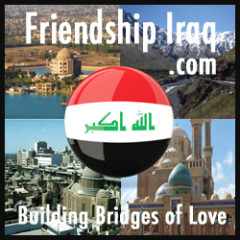| Iraq’s mainly continental climate brings a wide range of temperature, with hot summers, particularly in the south, and cold winters, especially on the higher ground.
In the mountainous region of the north, summers can be a little cooler and humidity is lower than in the south. During the winter months (October to April) snow often falls on the mountains.
In the central areas of Iraq, summers are much hotter, with temperatures in Baghdad rising to about 33.3oC (92 F) in July and August. It is not unknown for temperatures to soar as high as 50.6oC (123 F) in this region. Winter in Baghdad brings a mean temperature of about 9.4oC (49 F). Temperatures in Basra range from 37oC (98.6 F) in summer to 14oC (57.2 F) in winter. Dust storms are an unpleasant feature of the central plains region.
The southern area around the Gulf has extremely high humidity and some of the highest temperatures recorded anywhere in the world.
Rainfall is heaviest in the north-east and falls mostly between October and May. On the central plain, however, less than 152mm (about 6 inches) falls annually. Desert areas receive virtually no rainfall. |
